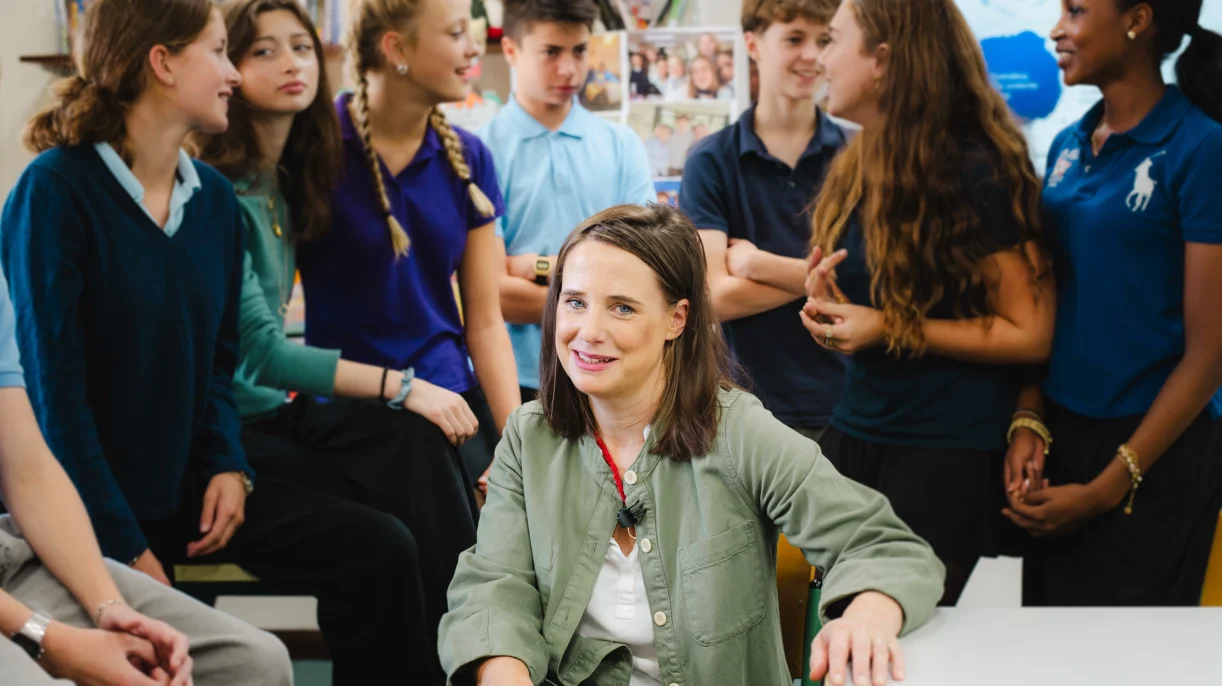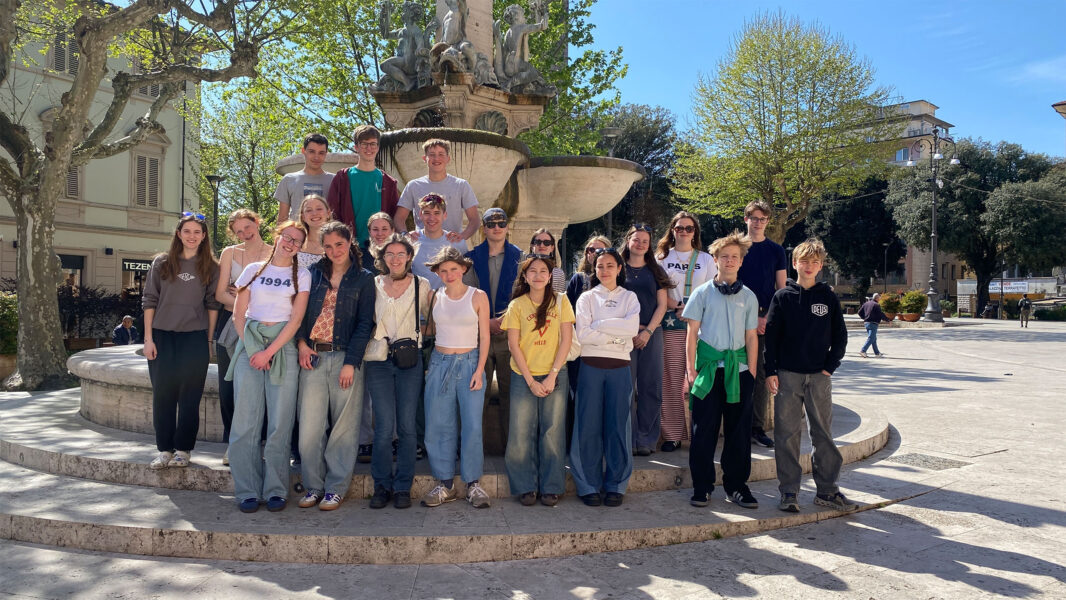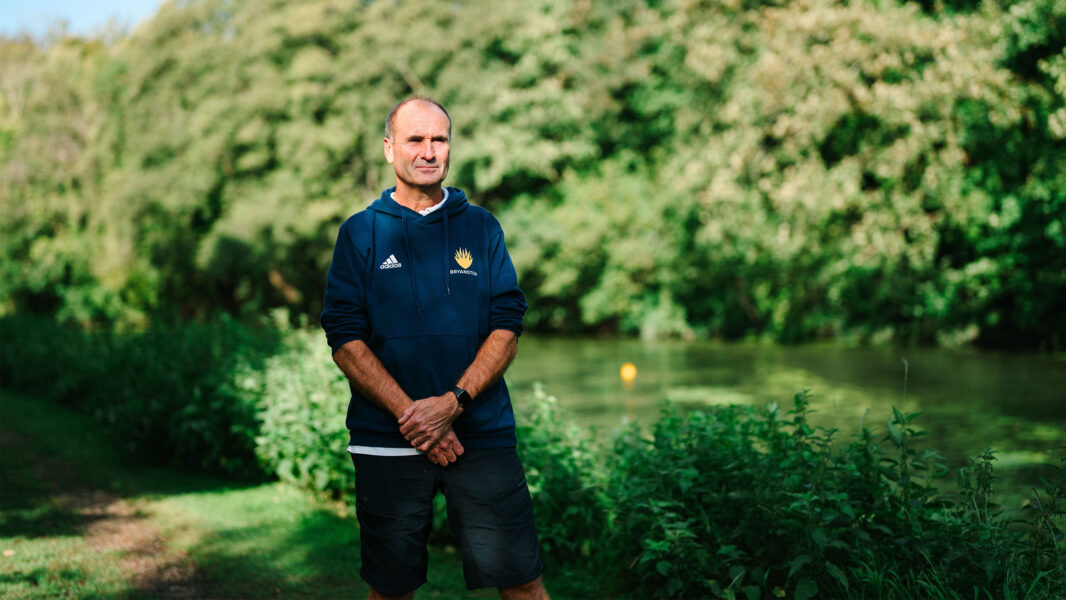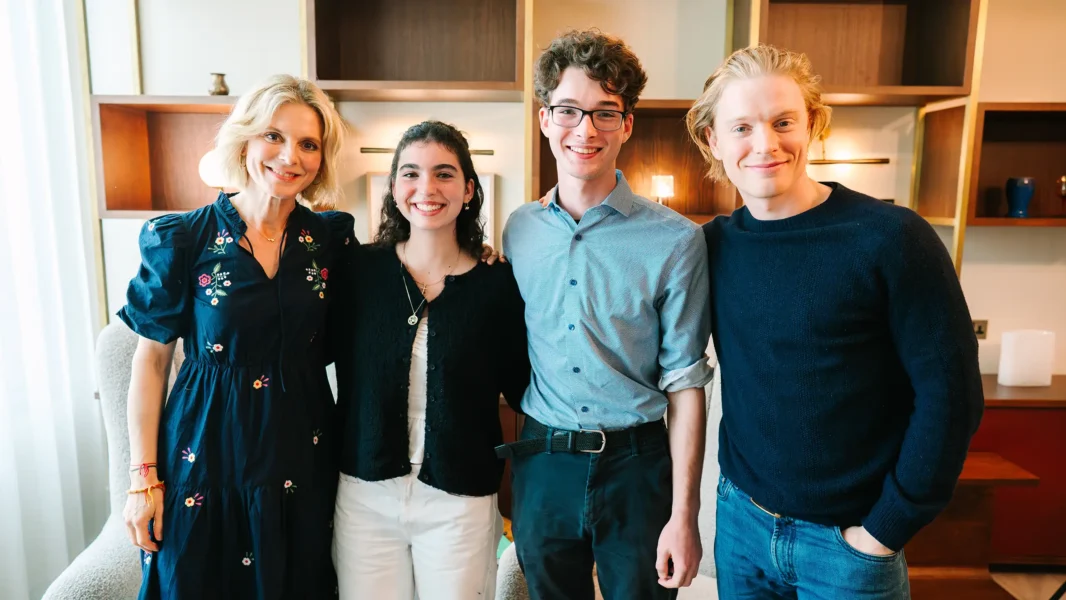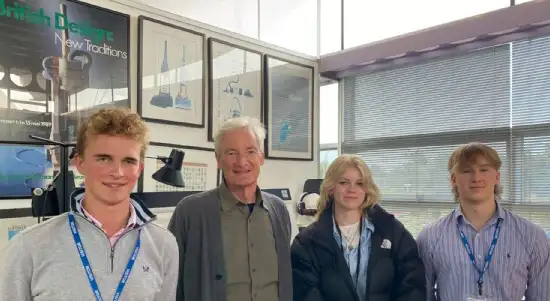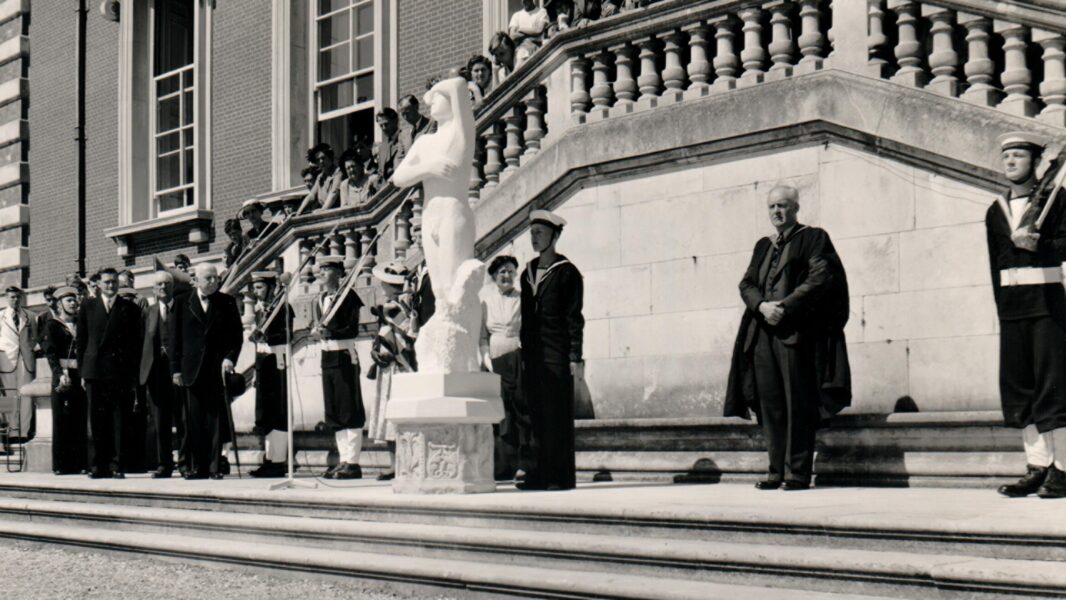In our latest blog post, Liz Thornton, Deputy Head and Head of Sixth Form, explores why we should embrace the ancient Japanese philosophy of Oubaitori in our lives and especially in the lives of children…
“Comparison is the thief of joy,” Theodore Roosevelt.
In today’s fast-paced world, social comparison has become even more pervasive through technology and social media, often leading to feelings of inadequacy or insecurity. Some children compare themselves to others as a way of coping or staying competitive, which can lead to FOMO (fear of missing out) and frustration.
The philosophy of Oubaitori resonates deeply with me, as it aligns perfectly with Bryanston’s approach to education – especially in the Sixth Form, a time when pupils often feel overwhelmed by comparisons with their peers. Oubaitori is an idiom derived from the kanji for four trees that bloom in spring: cherry blossom, plum, peach and apricot. Each tree blooms at its own pace, symbolising that we all grow and flourish in our own unique ways and timelines. It reminds us that each child is on their own distinct journey, and it is our responsibility as educators and mentors to nurture their individuality rather than allowing them to compare themselves to others.
While it may sometimes be helpful to compare pupils on paper using metrics like CAT scores or academic grades, holistically this comparison tells us very little. Every pupil is different – some excel in exams, while others shine in coursework. Some are drawn to humanities, while others find their strengths in the sciences. For some, academic achievement comes naturally, while for others that path is more challenging. Some want to be lawyers, bankers or doctors, while others aspire to be entrepreneurs, artists, actors or world travellers. Most, however, are still discovering who they are, unsure about what future path to take. The urge for them to compare themselves is neither realistic nor healthy, as everyone follows a timeline of growth and achievement. Linear grade comparisons fail to provide an accurate or meaningful basis for judging potential.
At Bryanston, our sixth form pupils are encouraged to chart their own path through the support of a well-structured system and under the close guidance of staff and tutors who know them well. They are encouraged to embrace their uniqueness and choose an academic path that aligns with their personal interests and strengths. For some, this path is clear from the outset, but for many, it takes time to uncover. It’s important for them to understand that it’s okay not to have all the answers right away, and that they should not feel pressured by peers or societal expectations to pursue a particular university or career path. Our role and responsibility are to lay out their future options, equip them with the necessary information and advice, and guide them in discovering their path – even if it takes a gap year or two to figure it out.
One of the key things that drew me to Bryanston two years ago, was this broad range of academic options and opportunities for its pupils. The school’s willingness to adapt to meet the individual needs and encourage creative exploration of potential paths is something truly unique and special. Here, pupils can choose from A Levels, the International Baccalaureate, CTECs or a combination of these. They can explore universities both in the UK and abroad, attend world-class conservatoires for music, fashion, dance and art, pursue apprenticeships in fields like banking or even start their own businesses. Our recent leavers have followed all these paths this year and more. When I reflect on the diverse array of destinations and courses they are pursuing, I feel immensely proud and hopeful that we’ve played a part in their success.
The school’s one-to-one tutoring system is a cornerstone in this personalised approach, which centres entirely around each individual pupil. In my weekly meetings with my tutees, I witness firsthand their growth, both emotionally and intellectually. As the rapport between us deepens, we engage in meaningful discussions about their interests, challenges and aspirations. Over the years, their individuality grows, and a pathway forward becomes clearer. As they participate in UCAS clinics, the Futures Fair, apprenticeship sessions, career one-to-ones, international university fairs and personal statement workshops, their minds open to a world of possibilities. Together, we explore options, discard others, and try different approaches before they make firm commitments. By focusing on the unique young person in front of us, we create the space for them to embrace their individuality, understand their strengths and weaknesses and achieve personal growth. Like the trees in Oubaitori, they blossom in their own time – and it’s a joy to witness.
When I think about Bryanston’s Sixth Form, three words come to mind – individuality, independence and opportunity. Bryanstonians embody the spirit of Oubaitori, often without realising it. Drawing a final bit of inspiration from a Japanese quote, the most important message I give all our pupils is this: “onore o shire” – “know yourself”. From that foundation of self-knowledge, they will undoubtedly flourish.
